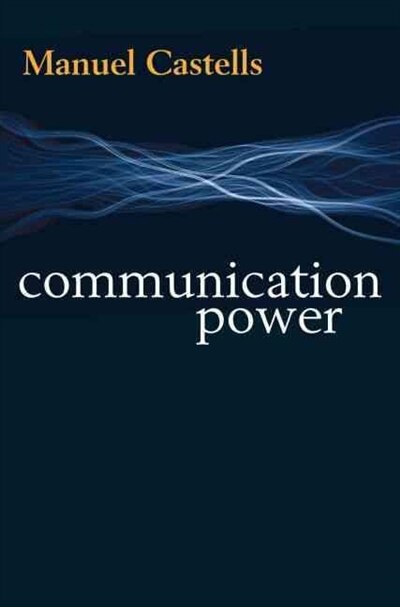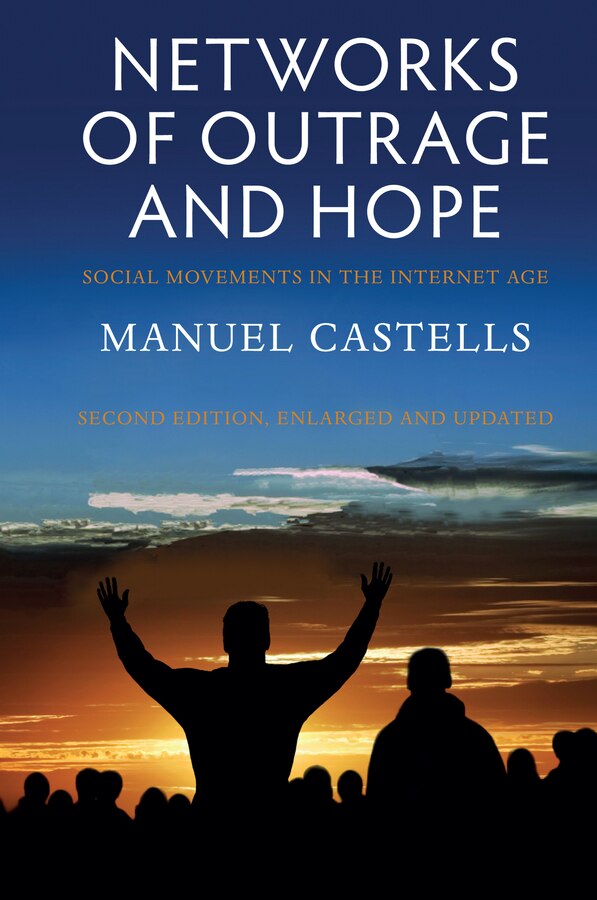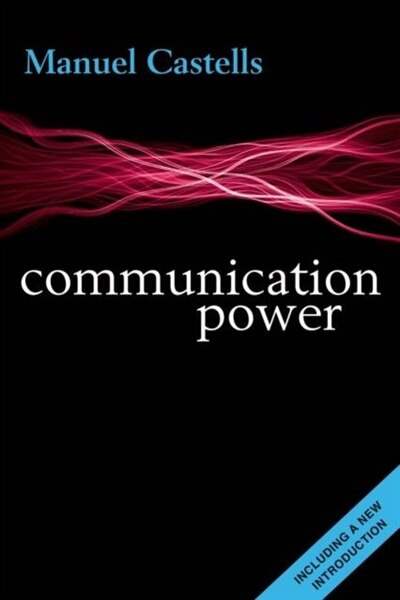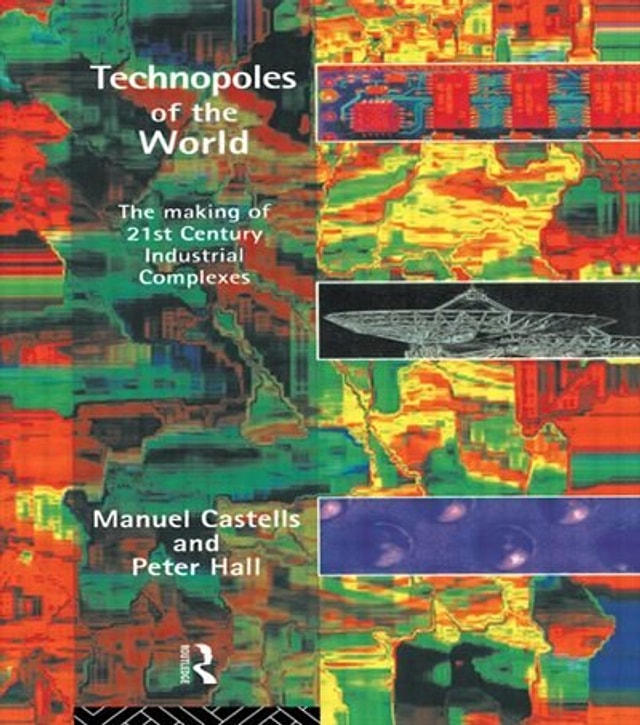
Compare The Information Society and the Welfare State by Manuel Castells, Hardcover | Indigo Chapters
Manuel Castells
$237.00
Silicon Valley has been considered as the model that societies must imitate to succeed in the information age. However, recently another alternative has attracted strong international interest: the Finnish model. This is equally dynamic in technological and economic terms, but combines theinformation society with the welfare state. The Information Society and the Welfare State is the first accessible academic study of what the Finnish model really is. The authors analyse the factors that have enabled Nokia to become the world's leading telecommunications company, for example, andLinux to become the biggest challenger to Microsoft in the operating systems market. They discuss the development of Nokia and the Finnish innovation model, with important lesssons for businesses and national technology policies. However, the Finnish model's most radical and interesting feature is its attempt to combine technological and economic success with social justice and equality. The book shows how Finland has uniquely created a 'virtuous cycle' out of the information society and the welfare state: the successfulinformation society makes the continued financing of the welfare state possible and the welfare state generates well-educated people in good shape for the information society's continued success. This model has significant implications for all societies where policy debates about the information society and/or public policy are on the agenda. Ultimately, the Finnish model proves that there is no one model for the information age, but that there is room for different policies and values. | The Information Society and the Welfare State by Manuel Castells, Hardcover | Indigo Chapters








